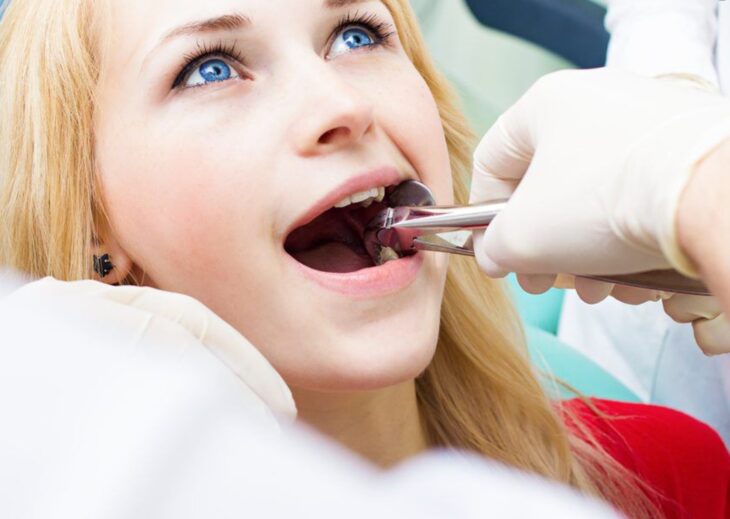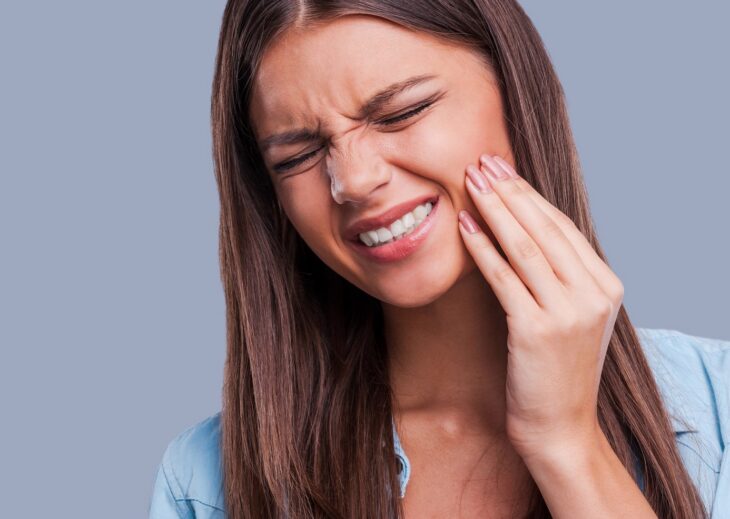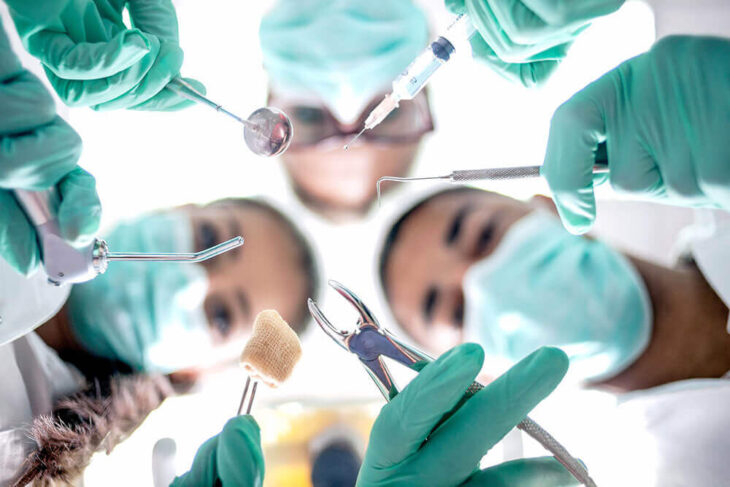Fear of dental procedures is a real and common experience among a majority of people. To help patients mitigate the impact and tension that can arise with dental surgery, most dental practitioners, will advise on the use of sedation to assuage anxiety and help their patients remain comfortable even during the most invasive procedures.
The types of sedation used will vary and might include oral formulas, nitrous oxide, injection and IV. In this article, we will discuss what to expect, what to avoid and the impact that exercise can have on your recovery.
When exercise and activity is a part of your everyday routine, giving it up even for a short while is a pretty difficult thing to do. However, it is important to tone down physical activity after oral surgery and any application of relative analgesia sedation.
Thankfully, dental sedation is used only as a temporary measure, and you can go back to your fitness routine after a while. You just need to make sure you follow a proper transitionary routine.
To make sure you enjoy a proper transitionary period after dental work, we have listed a few things you need to consider.
Bleeding

Source: stonebridgedental.com
Bleeding after a dental procedure is not unusual. The extent of the bleeding depends upon the procedure you have had. For example, root canal, gum surgery, and tooth extractions will lead to more bleeding than simple cleanings.
Bleeding may also be impacted depending on other health factors, overall gum and mouth condition and lifestyle. Cigarettes, poor diet and high sugar intact can impact bleeding and potentially slow down recovery.
Heavy exercise may also increase blood flow and weaken injured gums leading to increased bleeding and slower healing times.
Keep in mind that it takes time for your mouth to heal after more invasive dental procedures. Dental implants, in particular, require patients to minimize exercise and other activities that can lead to pressure on the jaw.
Excessive bleeding not only damages the implant but can also lead to other issues. Let the surgery set in before you go back to the gym and avoid strenuous exercise until you feel confident your mouth has more or less healed. It’s also especially important to avoid strenuous exercise while your body may still be recovering from the effects of sedation.
Weakness and Feeling Tired

Source: healthline.com
The sedation you receive during dental procedures puts your mind and body into a relaxed state.
When the sedation wears off, the body goes back to its natural state. For many patients, this transition can cause them to feel groggy or tired.
Depending upon how long patients are sedated, it can take from a few minutes to several hours for them to shed the effects of the sedation and get back to their normal selves.
It’s important during this time to limit exercise and ensure that you have had enough rest before resuming normal physical activity. For example, patients should be extremely cautious about riding a bicycle and other similar activities that require high alertness and involve interacting with others on roads and laneways.
According to kitchenerfamilydentist.com whose dental clinic provides a range of dental services in Kitchener, Ontario, Canada, dental sedation not only leaves you feeling tired, but may also mean that you are temporarily restricted as to what foods you can eat.
These restrictions prevent you from consuming your regular diet, eventually leading to the consumption of fewer daily calories. For exercise and physical activity, your body needs to be in a healthy condition.
Working out during periods of limited nourishment can lead to weakness which can further be a cause of other illnesses. Our advice is to wait till you can eat a nutritious meal.
Acute Pains

Source: healthline.com
According to the NCBI, clinical recovery time after surgery was 40 minutes after nitrous oxide-oxygen sedation, 80 minutes after midazolam sedation, and 52 minutes after propofol sedation
After dental surgeries, dentists recommend increased physical rest of around a week. This is a crucial time for the oral cavities to settle down.
While exercise might feel good initially, if you return to your regular workouts too soon you may increase pain, slow healing and suffer acute pain for longer periods of time.
Recovery from any kind of dental surgery requires a great deal of energy and uses up the bodies strength and nutritional reserves quickly. Energy spent on rigorous exercise is energy robbed for the purposes of healing.
So, if you want to get back to your routine, many recommend that you rest for a week or so to avoid unnecessary pain and discomfort. Even after that, ease into your fitness routine gradually.
If the pain does not abate within the typical time frame given by your dental practitioner, you should get in touch with your dental clinic and undergo a post-operative examination to ensure there is no developing infection or other problem resulting from sedation or surgery.
What to Do?

Source: oakcliffdentalcenter.com
If you have recently had oral surgery, vigorous physical activity is simply off the table. Children with dental needs should be given additional attention to ensure adequate rest, monitor infection and pain.
Everything you do will affect your dental health. If you want to start, start light with ROM or Range of Motion exercises.
The reason these exercises are preferred is they do not put much impact on the jaw. Furthermore, ROM exercises are beneficial for joints and muscles and help the body to effectively circulate antibodies, increase blood flow safely and ensure better elimination of toxins that often build up in the body after surgery.
However, there are several precautions that you need to take. For starters, make sure that your dentist is aware of your intention to do these light exercises.
In addition, since the surgery is recent, the filling, or cap, or stitches, may not be adequately settled. In other words, impatience to exercise can lead to extreme bleeding among other problems, requiring you another visit to your dentist.
To keep on the safer side, it is advised you wait around four to five days to restart exercise. Then begin with ROM exercises and gradually over a period of 10 to 12 days, transition your way to your regular exercising routines.
Please note, the above is given for informational purposes only and should not be construed as medical advice. Where problems related to dental surgery or sedation exist you should always seek professional medical attention.
